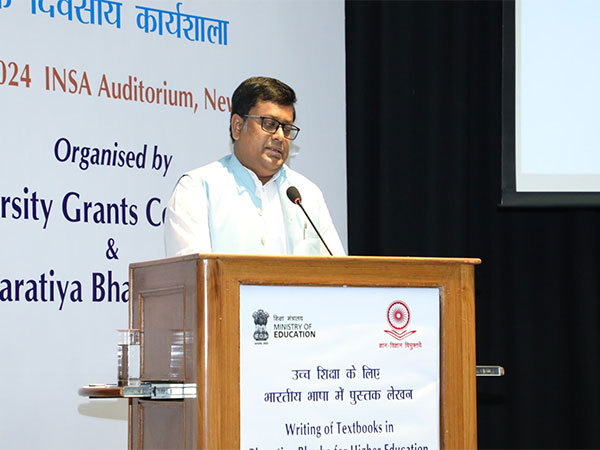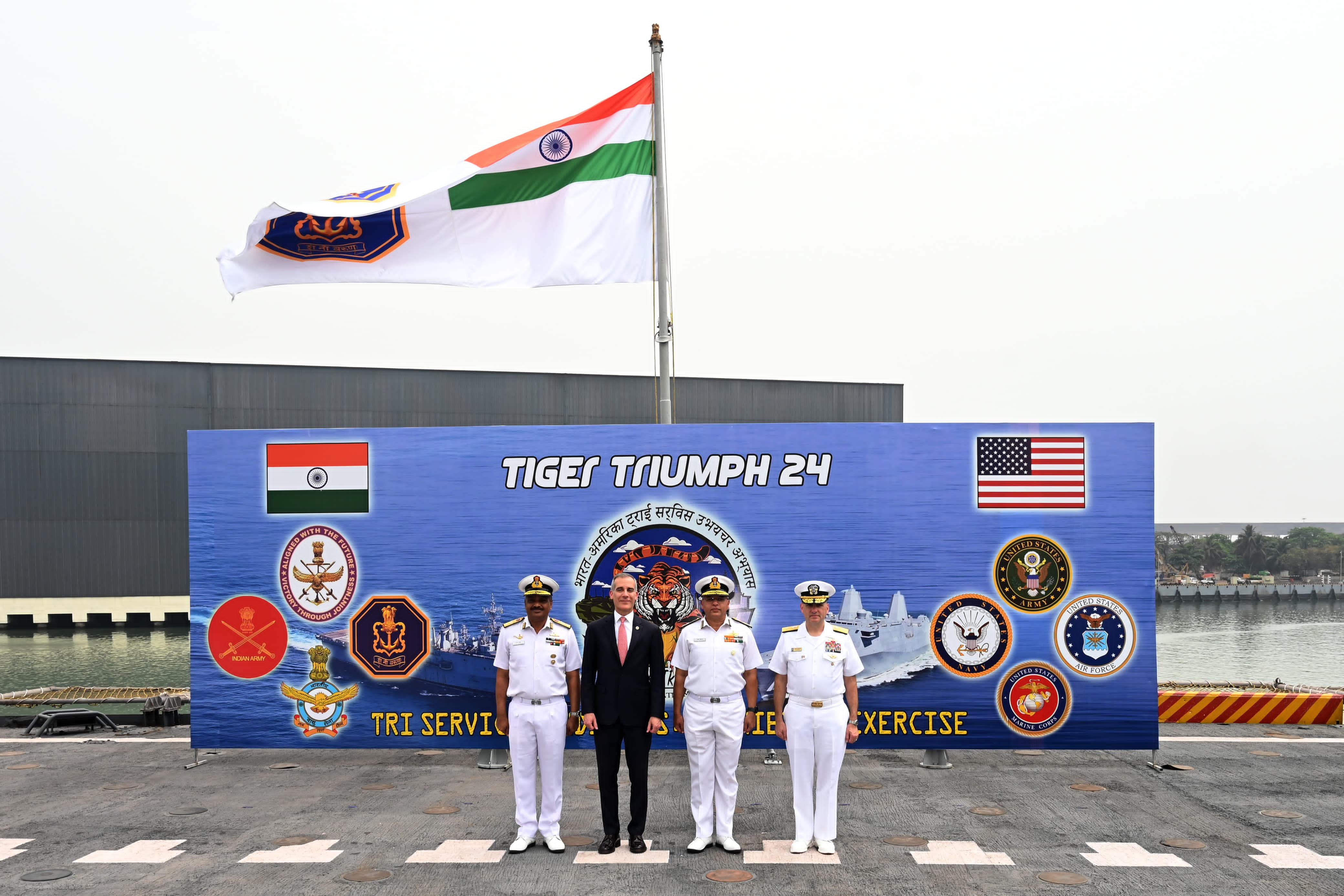Dr. Sukanta Majumdar, Minister of State for Education, inaugurated a one-day workshop in New Delhi for Vice Chancellors on Writing Textbooks in Indian Languages for Higher Education. The event, organized by the University Grants Commission (UGC) and the Bharatiya Bhasha Samiti (BBS), included over 150 university Vice Chancellors, eminent academicians, and other dignitaries.
 In his address, Dr. Majumdar underscored the importance of developing study materials in Indian languages to reflect the country’s linguistic diversity. He thanked Prime Minister Narendra Modi for his visionary leadership in achieving the goal of a “Viksit Bharat” and credited the National Education Policy (NEP) 2020 for inspiring youth participation in nation-building. He also expressed gratitude to Shri Dharmendra Pradhan for leading the implementation of NEP 2020.
In his address, Dr. Majumdar underscored the importance of developing study materials in Indian languages to reflect the country’s linguistic diversity. He thanked Prime Minister Narendra Modi for his visionary leadership in achieving the goal of a “Viksit Bharat” and credited the National Education Policy (NEP) 2020 for inspiring youth participation in nation-building. He also expressed gratitude to Shri Dharmendra Pradhan for leading the implementation of NEP 2020.
Dr. Majumdar emphasized that Indian languages embody the nation’s ancient history and wisdom, and it is crucial to nurture young generations and strengthen their belief in this rich cultural and linguistic heritage.
Prof. Chamu Krishna Shastri highlighted the need to develop a Bharatiya Bhasha Ecosystem, while UGC Chairman Shri M. Jagadesh Kumar shared valuable insights.
During the valedictory session, Secretary of the Department of Higher Education, Shri K. Sanjay Murthy, launched three significant projects:
- ASMITA (Augmenting Study Materials in Indian Languages through Translation and Academic Writing): Aiming to produce 22,000 books in 22 scheduled languages over the next five years, led by UGC in collaboration with BBS.
- Bahubhasha Shabdkosh: An initiative by the Central Institute of Indian Languages (CIIL) and BBS to create a comprehensive repository of multilingual dictionaries.
- Real-time Translation Architecture: A project led by the National Education Technology Forum (NETF) and BBS to develop a technological framework for enhancing real-time translation capabilities in Indian languages.
Shri Murthy emphasized the critical role of technology in these projects, with NETF and BBS playing significant roles.
The workshop saw Vice Chancellors grouped into 12 “Manthan Satra,” each dedicated to developing textbooks in regional languages such as Punjabi, Hindi, Sanskrit, Bengali, Urdu, Gujarati, Kannada, Malayalam, Marathi, Tamil, Telugu, and Odia. Discussions focused on creating new textbooks, establishing standard vocabularies, and improving existing textbooks with an emphasis on Indian Knowledge Systems (IKS).
The workshop concluded with a Q&A session, where panelists addressed participants’ queries.




